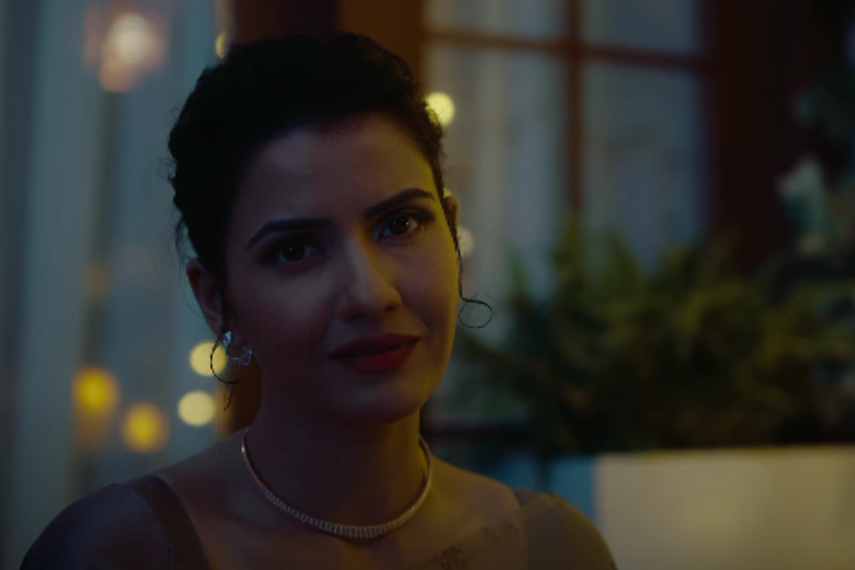
Please sign in or register
Existing users sign in here
Having trouble signing in?
Contact Customer Support at
[email protected]
or call+91 022 69047500
The author reviews ads that stood out this International Women's Day

Contact Customer Support at
[email protected]
or call+91 022 69047500
Top news, insights and analysis every weekday
Sign up for Campaign Bulletins
The latest ad films and campaigns from brands like Aakash Educational Services, Luminous Power Technologies, Dell Technologies, and more, in our weekly roundup.
The sport’s key players—from clubs to leagues—are using targeted social media strategies and exclusive content formats to drive growth in China, according to Mailman’s annual Red Card report.
Jurors hail from 52 country markets; Ivory Coast and Kazakhstan represent for the first time.
Our weekly roundup of the latest appointments and account wins news from The Trade Desk, Orion Digital, Media Care, Sujata Appliances, Ghadi Detergent, Abby Awards, Django, and many more.